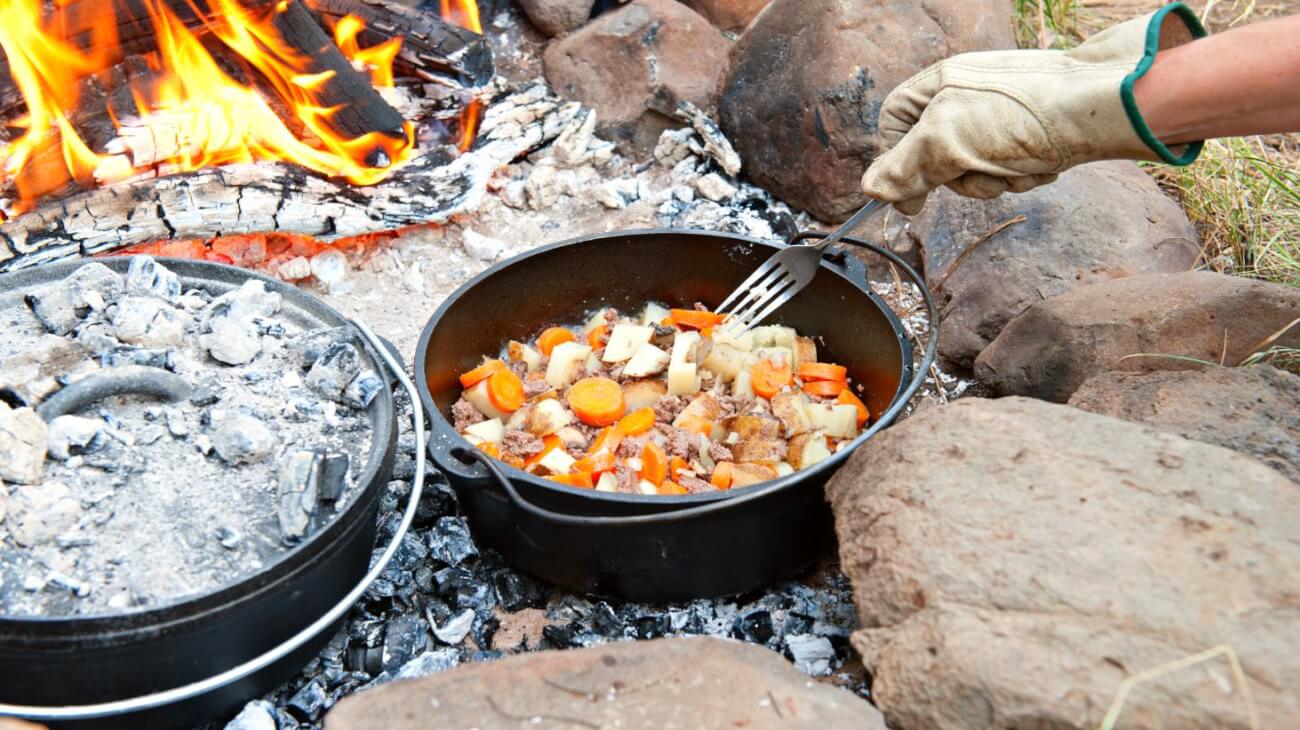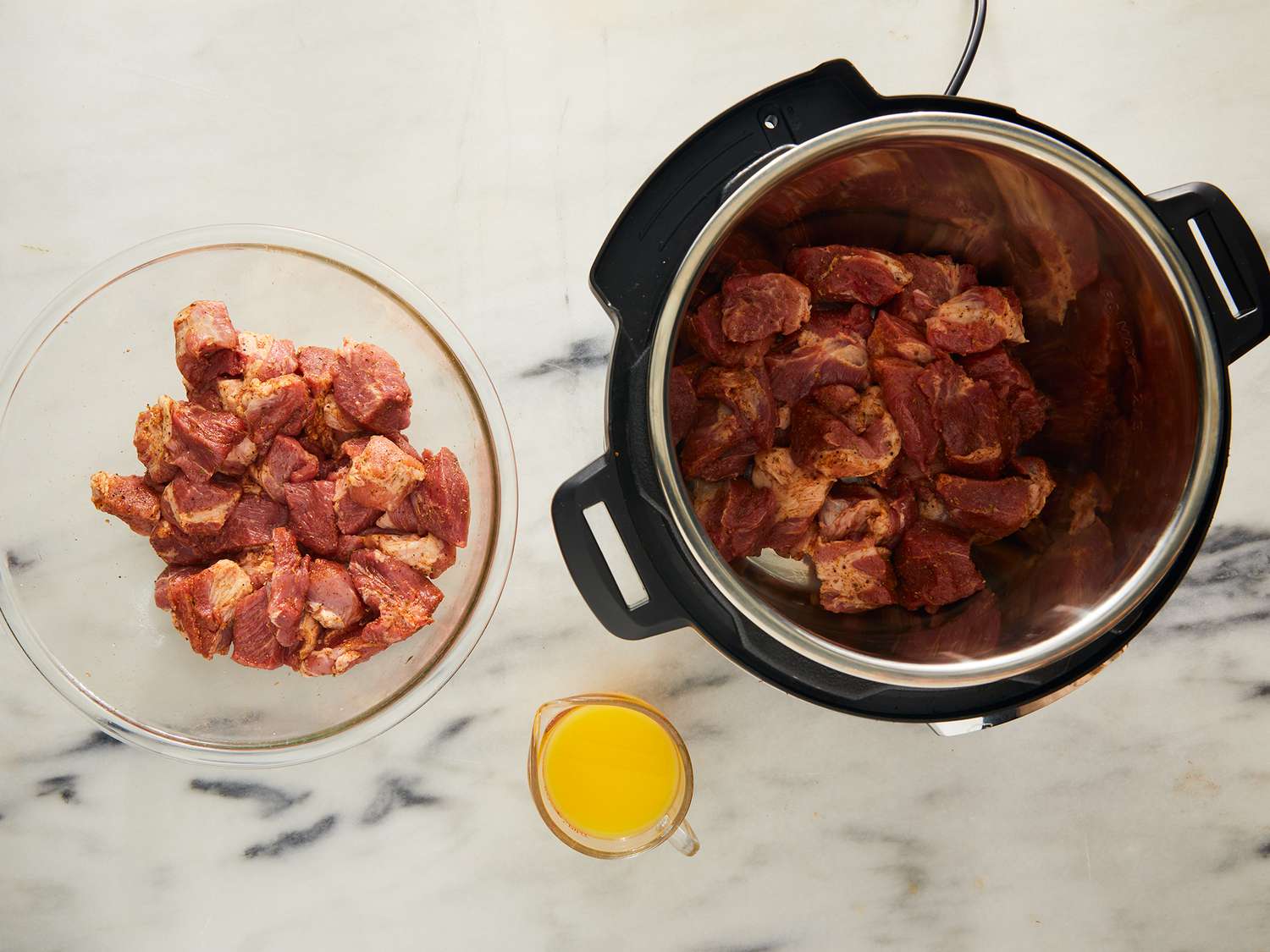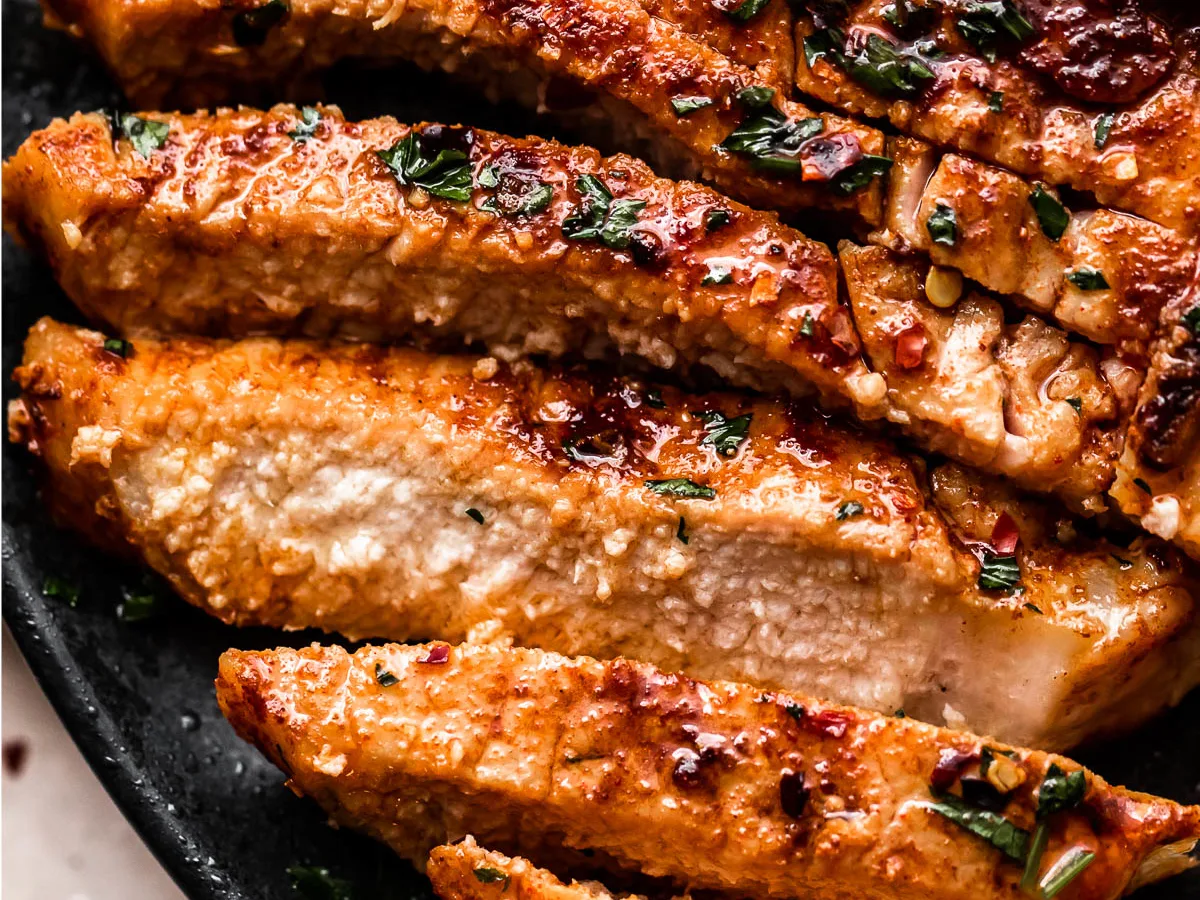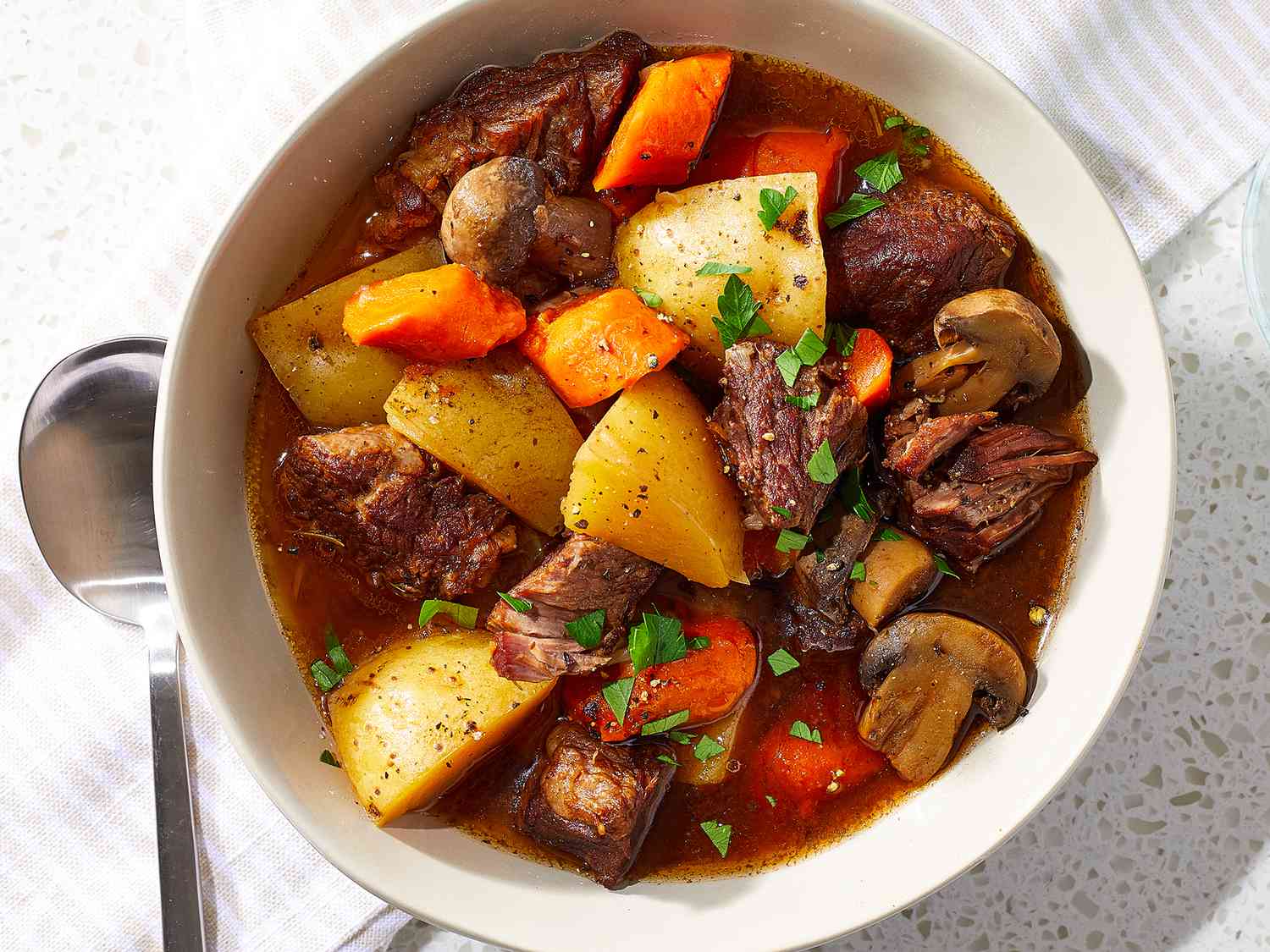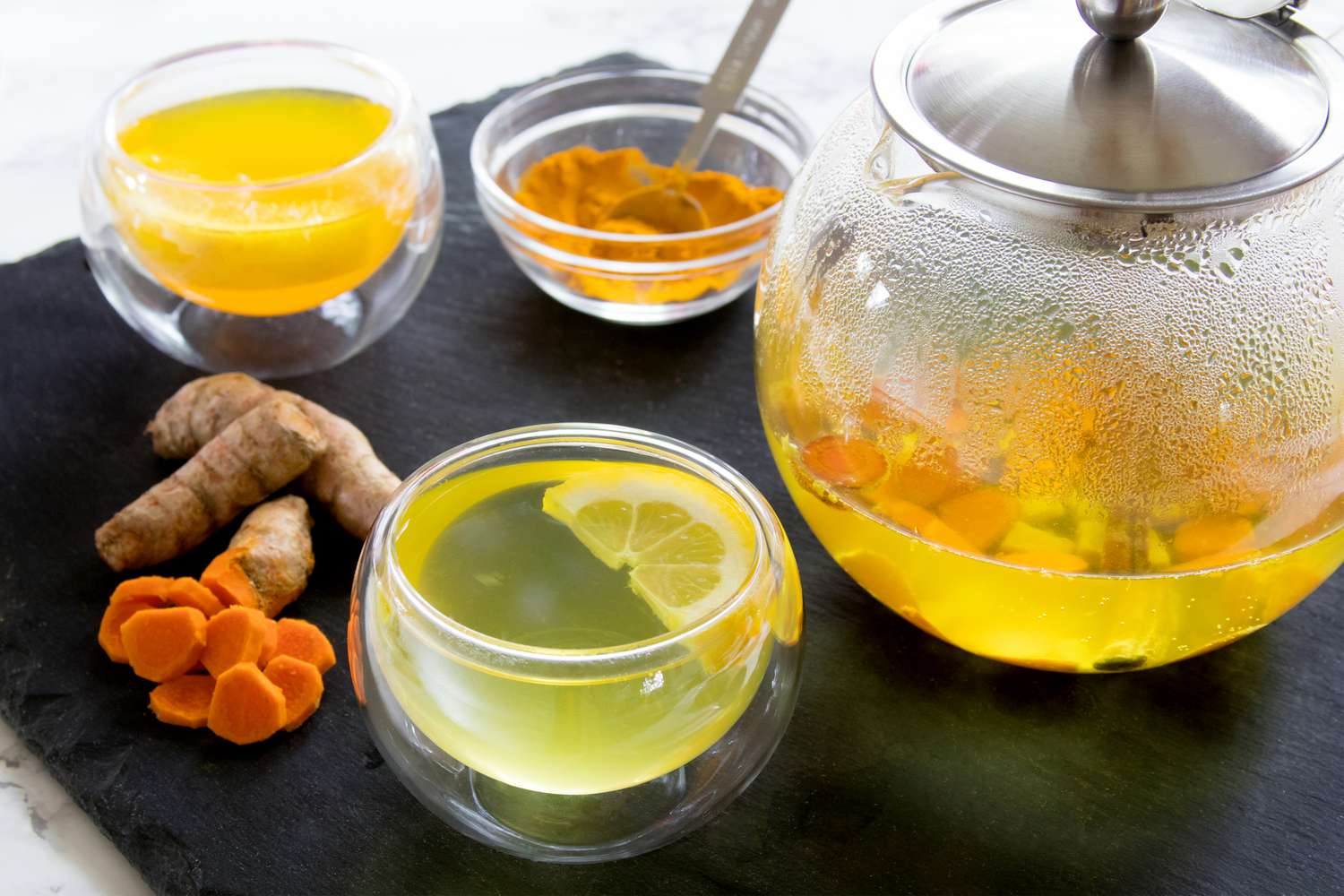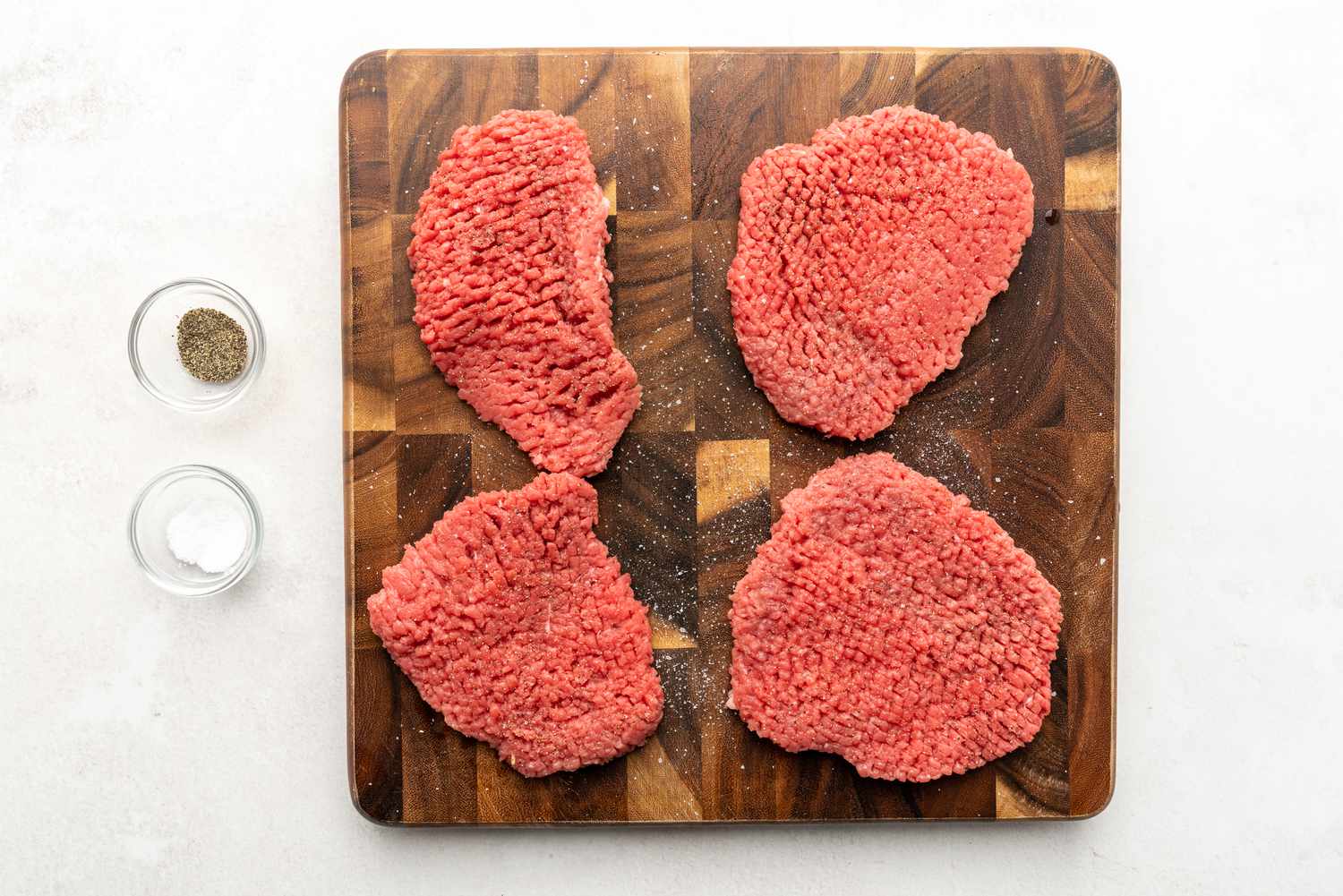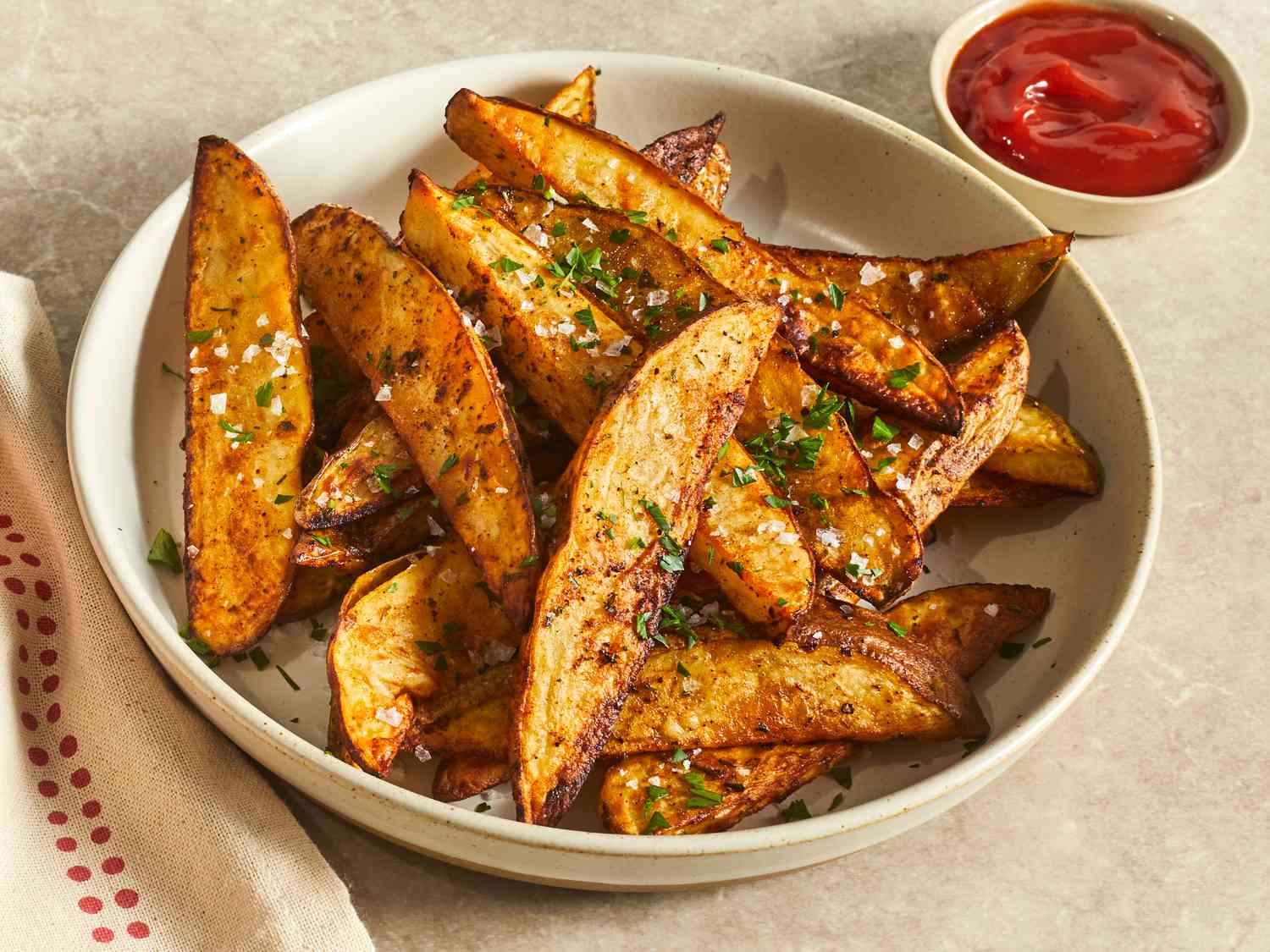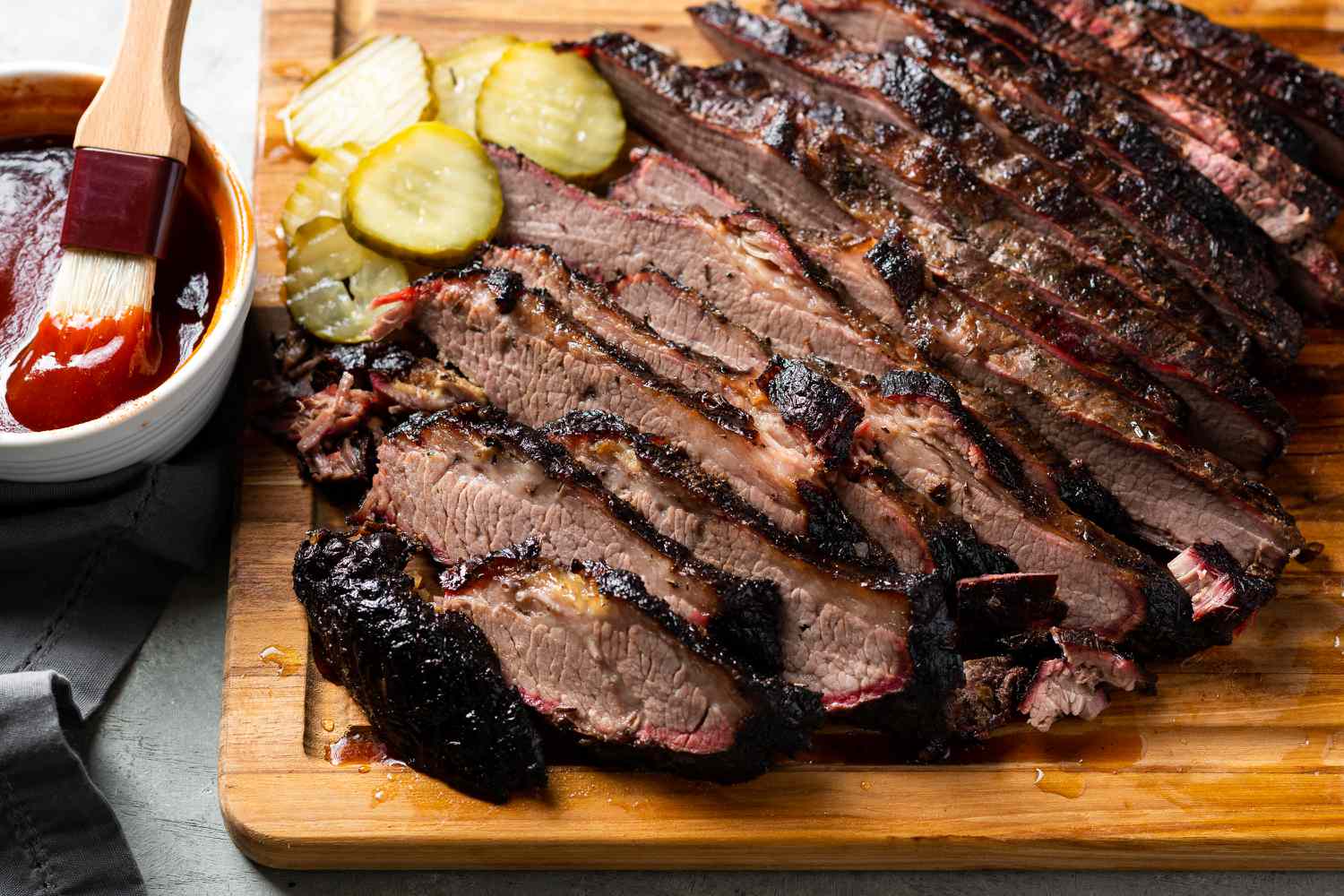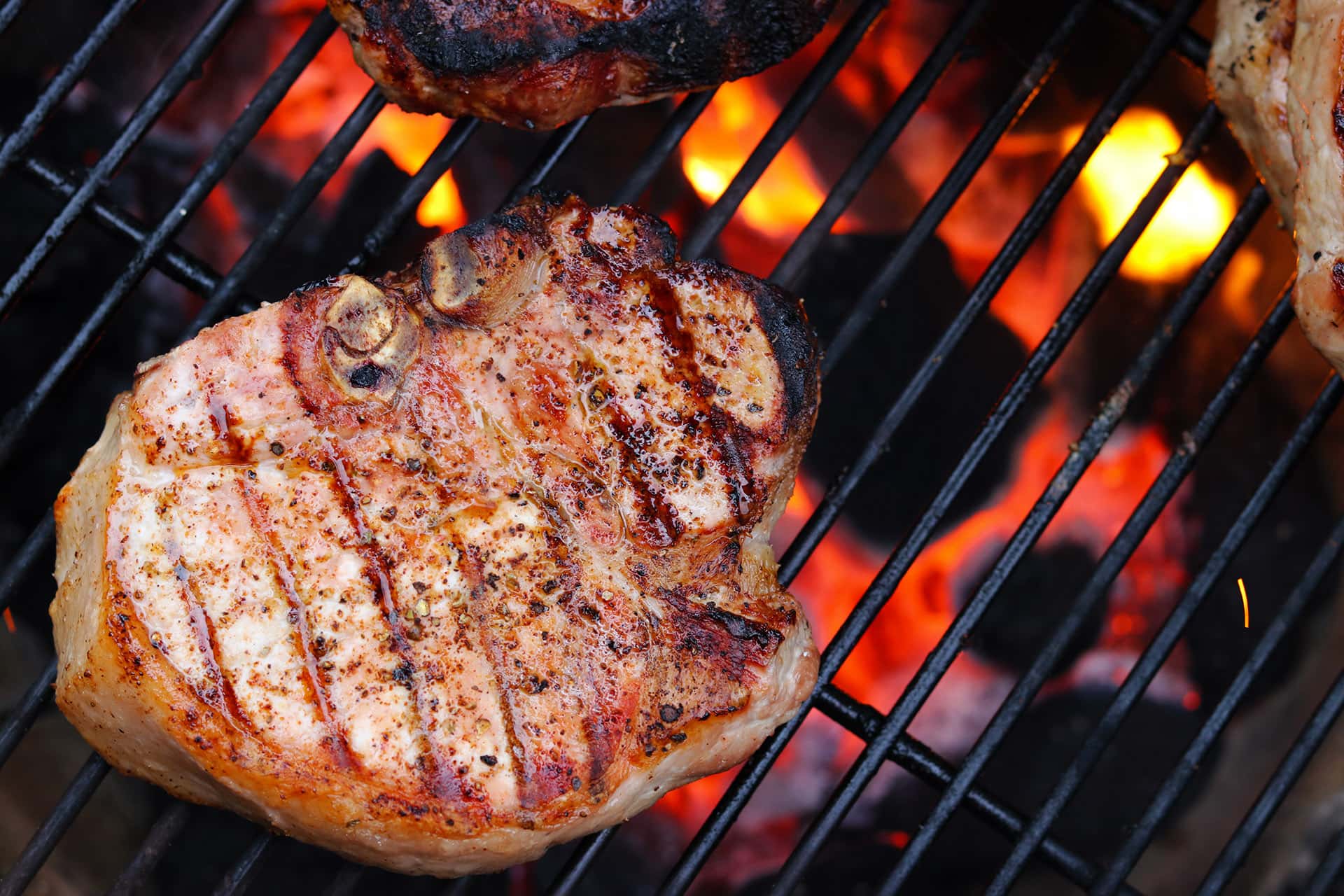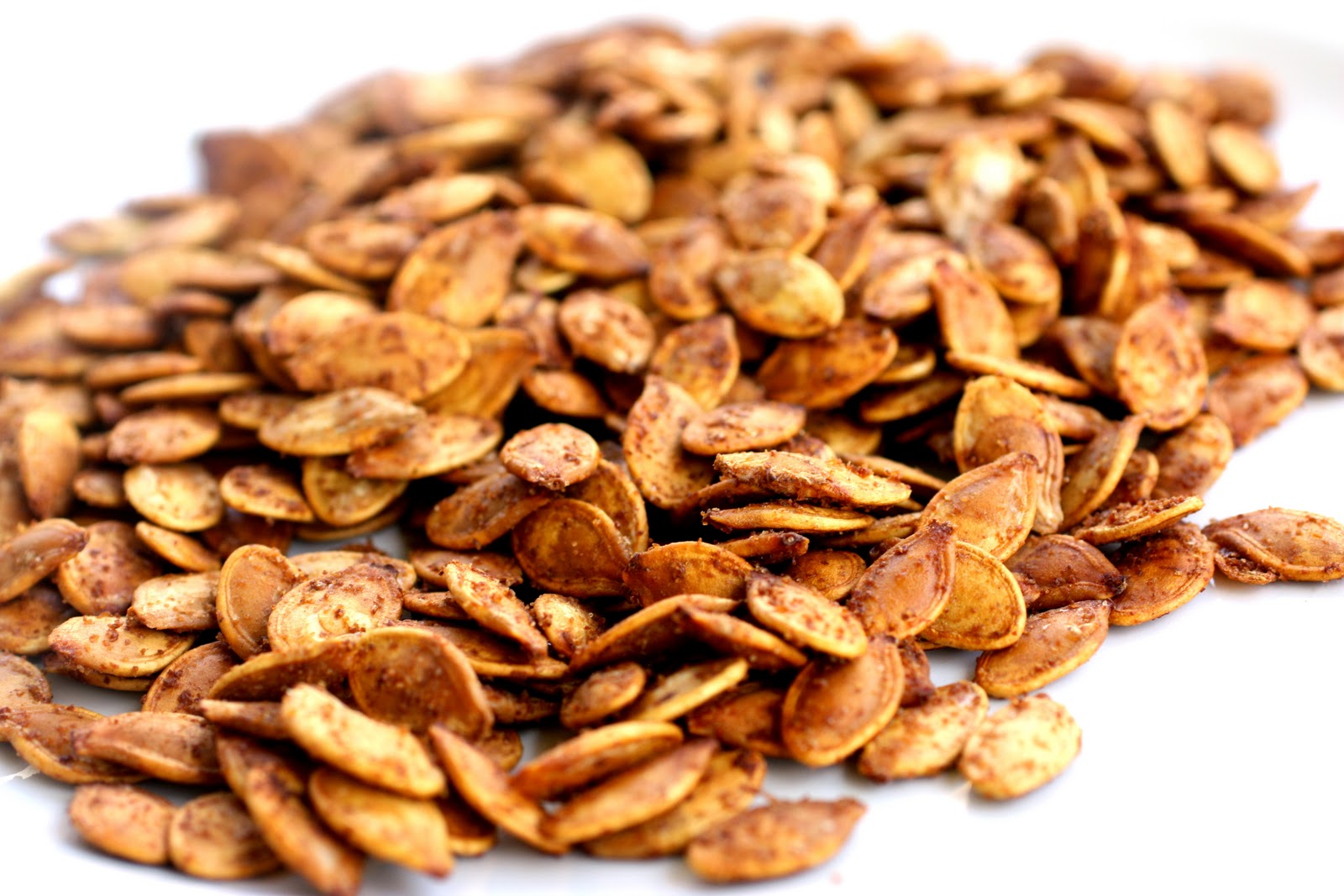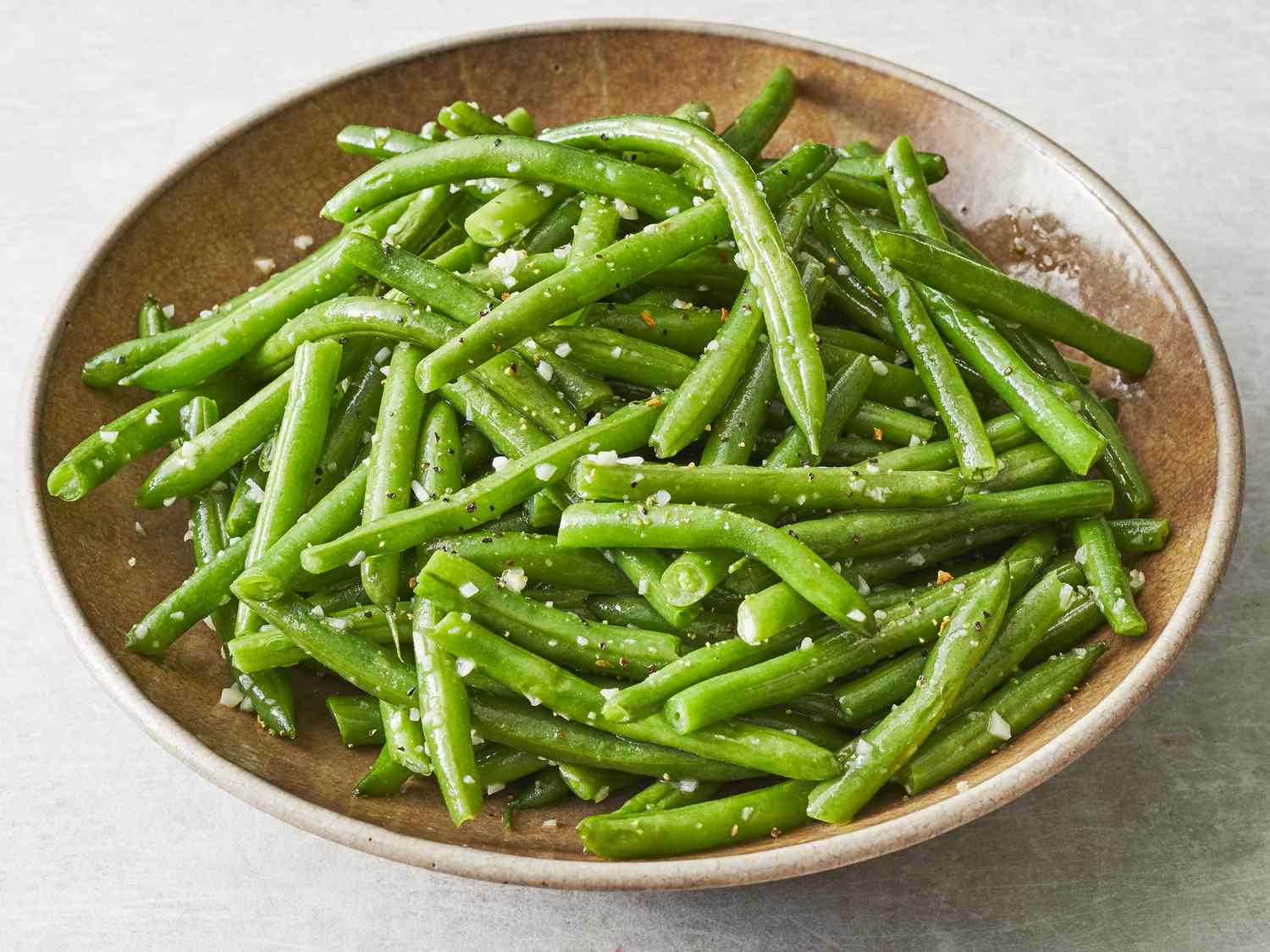Master the Art of Cooking Noodles with These Simple Tips
Are you tired of ending up with mushy or clumpy noodles every time you attempt to cook them? Look no further! In this blog post, we will guide you through the process of cooking perfect noodles every time. Get ready to impress your family and friends with your noodle-cooking skills!
1. Choose the Right Noodles
Before diving into the cooking process, it’s crucial to select the right noodles for your dish. Different types of noodles require different cooking times and methods. Whether you’re using spaghetti, udon, or soba noodles, make sure to follow the cooking instructions on the package for best results.
2. Boil Water Like a Pro
Start by bringing a large pot of water to a rolling boil. Add a generous amount of salt to the boiling water. Not only does salt enhance the flavor of the noodles, but it also helps prevent them from sticking together.
3. Embrace the Perfect Timing
Cooking noodles for too long can result in them becoming mushy, while undercooking them can leave them too chewy. Follow the recommended cooking time on the package as a general guide, but always test the noodles a minute or two before the suggested time. The best way to check if they are ready is by tasting them. Noodles should be al dente, firm yet tender.
4. Stir and Separate
To prevent noodles from clumping together, give them a gentle stir with a fork or a pair of chopsticks immediately after adding them to the boiling water. This will help separate them and ensure even cooking.
5. Rinse with Cold Water (or Not!)
Whether to rinse cooked noodles with cold water is a topic of debate among noodle lovers. Rinsing can help stop the cooking process and prevent them from becoming overly soft. However, rinsing can also remove starches that help sauces adhere to the noodles. If you plan to serve noodles hot with a sauce, skip the rinsing step. If you’re making a cold noodle salad or serving noodles as a bed for stir-fried toppings, rinsing in cold water can help cool them down and remove excess starch.
6. Toss with a Hint of Oil
Add a small amount of oil to cooked noodles to prevent them from sticking together, particularly if you’re not immediately using them. Use a neutral oil like vegetable or sesame oil and lightly toss the noodles to coat them evenly.
7. Serve and Enjoy!
Now that you’ve mastered the art of cooking perfect noodles, it’s time to put your skills to the test. Serve your noodles with your favorite sauce, toppings, or vegetables. Get creative and explore various recipes to take your noodle game to the next level.
Remember, practice makes perfect. Don’t be discouraged if your first attempt isn’t flawless. Keep experimenting with different types of noodles and techniques until you find your personal noodle-cooking mastery. Happy cooking!
For those eager to put their noodle-cooking skills to the test, there are a few standout recipes that truly showcase different techniques and flavors. One can't go wrong with Spaghetti Bolognese Recipe, a classic that combines rich, meaty sauce with perfectly cooked spaghetti. If you're in the mood for something creamy, Chicken Alfredo Pasta Recipe promises a velvety, cheesy delight. Seafood lovers will find Shrimp Scampi Linguine Recipe irresistible, with its garlicky, buttery goodness. For a taste of Asia, Pad Thai Recipe offers a delicious balance of sweet, sour, and savory. Lastly, Classic Mac and Cheese Recipe is a comforting favorite, perfect for mastering the art of making a smooth, creamy sauce. Each of these recipes provides a unique experience for honing your noodle-cooking skills.
Was this page helpful?
Read Next: How To Cook Thick Pork Chops On Grill
